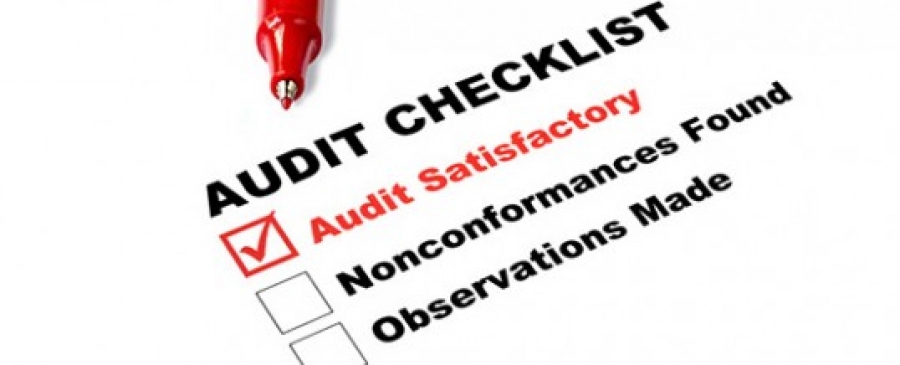As we all know, FDA audit observations and warning letters can be costly to the existence of a company, and it is in the best interest of a company to comply and correct any discrepancies in a timely manner. The best way for a company to deal with any observations or warnings is to correct them promptly. However, by being prepared for inspections, a company can avoid having to scramble to meet deadlines for correcting findings, even if there are some concerns with compliance.
Self awareness is very important when considering regulatory compliance – a company must be able to recognize compliance issues on their own, before the FDA or other regulatory agency identifies them and demands that they be corrected. It is those companies that choose to cover up or ignore concerns that will face the most difficult challenges during inspections. By keeping track of corrections that have been made without reprimands by the FDA, a company demonstrates responsible management and shows that they take compliance issues seriously. If an inspection reveals that there was previously a concern, a warning can be avoided by simply being able to prove that the issue had been identified and taken care of before it was discovered by the FDA inspection.
Audit observations and subsequent warnings can also be avoided if a compliance issue are being handled at the time of the inspection. If, during an inspection there is an audit finding, but the company is able to prove that it was previously identified and is already in the process of being corrected, there may not be a need for including that finding as an observation. Even if the inspectors request elaboration regarding strategies and timeline to complete the corrective action, a plan in progress is much less demanding than a plan that does not yet exist.
However, having a plan that has been developed but is not yet in place is risky for a company, as it may convey unreliable and disorganized management. If the company has a history of not addressing the FDA audit findings with actions that it has planned, it may force the FDA to enforce a consent decree and/or criminal charges against the company’s management. This can cause a great deal of damage to the company’s reputation and may put it out of business. There are companies that cannot get out of their own way to accomplish meaningful change. For example, bureaucracy substitutes for real work; team meetings and workplace politics substitute for personal accountability; and production schedules and meeting customer demands take priority over executing the comprehensive compliance plan. Something else always is more important—there is no discipline, no organization alignment, and no leadership. This gives a clear signal to the FDA inspectors that it is all talk and no action.
On the other hand, not having any plans to correct compliance concerns or being unable to recognize concerns can be detrimental to a company during an inspection. These situations reflect careless, immature management, and signal to the FDA inspector that CGMP compliance is not considered to be important to the firm. Companies that operate in such a manner will undoubtedly receive FDA Warning Letters and likely face heavy enforcement action because of their negligence.
When a company is facing an FDA inspection while management is aware of compliance concerns, it is in the best interest of the company to – at the very least, have a plan ready for action to correct any concerns. Showing dedication to regulatory compliance and being able to identify and rectify problems before they are brought to the attention of the FDA is the best way to ensure that an FDA investigation goes as smoothly as possible.
Now, can you tell me about your experience with FDA audits?
